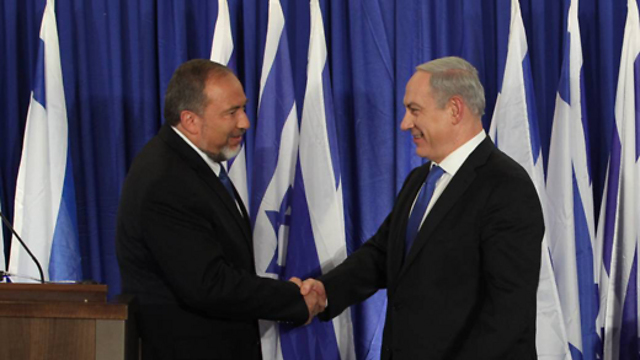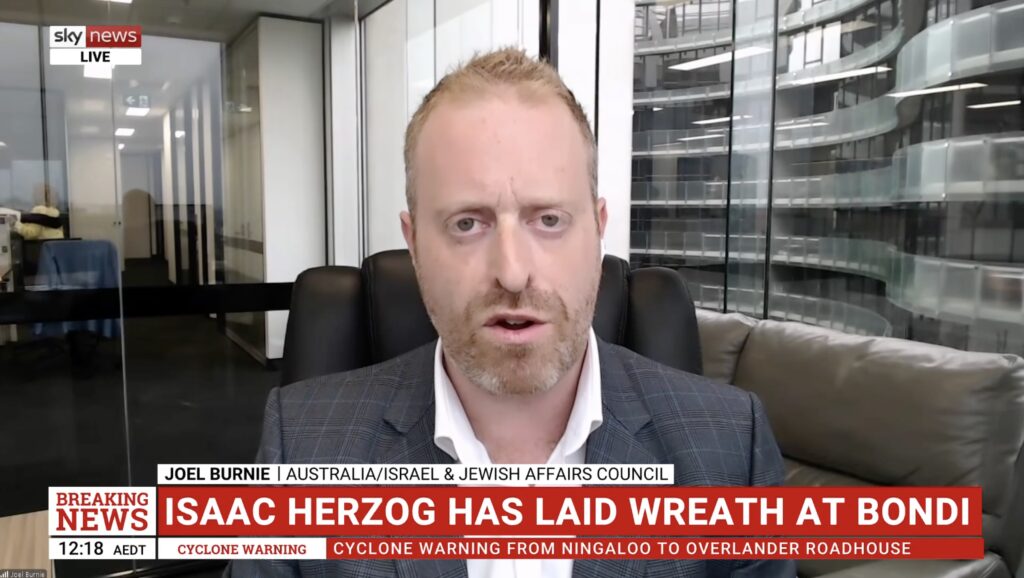UPDATES
Lieberman to be Defence Minister in Israeli coalition shake-up
May 20, 2016

Update from AIJAC
May 20, 2015
Update 05/16 #05
Yesterday saw a major political development in Israeli politics, with PM Netanyahu apparently reaching agreement with former Foreign Minister Avigdor Lieberman for the latter’s Israel Beitenu party to enter the government, and for Lieberman to become Defence Minister, replacing current Defence Minister Moshe Yaalon. The move was a surprise following previous reports that Netanyahu had been about to reach an agreement with Opposition Leader Isaac Herzog for his Zionist Camp party to enter the coalition – a deal which now seems to be off the table. This Update looks at what happened and what it means.
First is a good report on where things currently stand and what some key political players are saying about it from Gill Hoffman of the Jerusalem Post. While the coalition agreement is not yet finalised, it appears that an announcement is expected soon which will allow Netanyahu to add Israel Beitenu’s six seats to his existing ultra-narrow majority of 61 seats in the 120 seat Knesset. Furthermore, Hoffman discusses the fate of Yaalon, who has been in a dispute with Netanyahu about public statements by some IDF officers – but was nonetheless expected to be offered the Foreign Ministry portfolio (however, subsequent to the publication of the Hoffman piece, Yaalon announced he was resigning from the Knesset and leaving public life.) For the rest of the details of what is occurring, CLICK HERE
Next up, some astute analysis of the implications of the Netanyahu-Lieberman deal from various points of view comes from top Israeli journalist Shmuel Rosner. Rosner stresses that appointing Lieberman, who has both a tradition of saying highly controversial things and little military experience, as Defence Minister will be highly controversial – but that Netanyahu choose this path to broaden his coalition because in the end it became apparent that Herzog was not able to guarantee he could bring his own party with him into the government. He also notes that Herzog seems angriest at the critics in his own party who did their best to scuttle any plans to join the government. For Rosner’s look at all the players and where this deal leaves them, CLICK HERE
Finally, Lahav Harkon, the Knesset reporter for the Jerusalem Post, has a closer look at where this deal leave Herzog – analogising the opposition leader to Charlie Brown from the Peanuts comic strip, who always tries to kick a football, but has it pulled away at the last minute by another character, the crabby, sadistic Lucy. She notes Herzog has been left bereft at the last minute in Israeli politics before – such as during the election campaign last year, when Netanyahu came from behind to win handily. Harkon reports that Netanyahu was apparently negotiating in good faith with Herzog, but when the Israel Beitenu offer arrived as an alternative, it naturally seemed safer than Herzog’s divided Labor/National Union party, and left Herzog, like Charlie Brown, no alternative but to curse the universe and his tormentors. For this cleverly written piece of analysis in full, CLICK HERE. More on the ructions in the Labor/National Union party is here.
|
|
|
|
|
|
|
|
|
Tags: Israel







